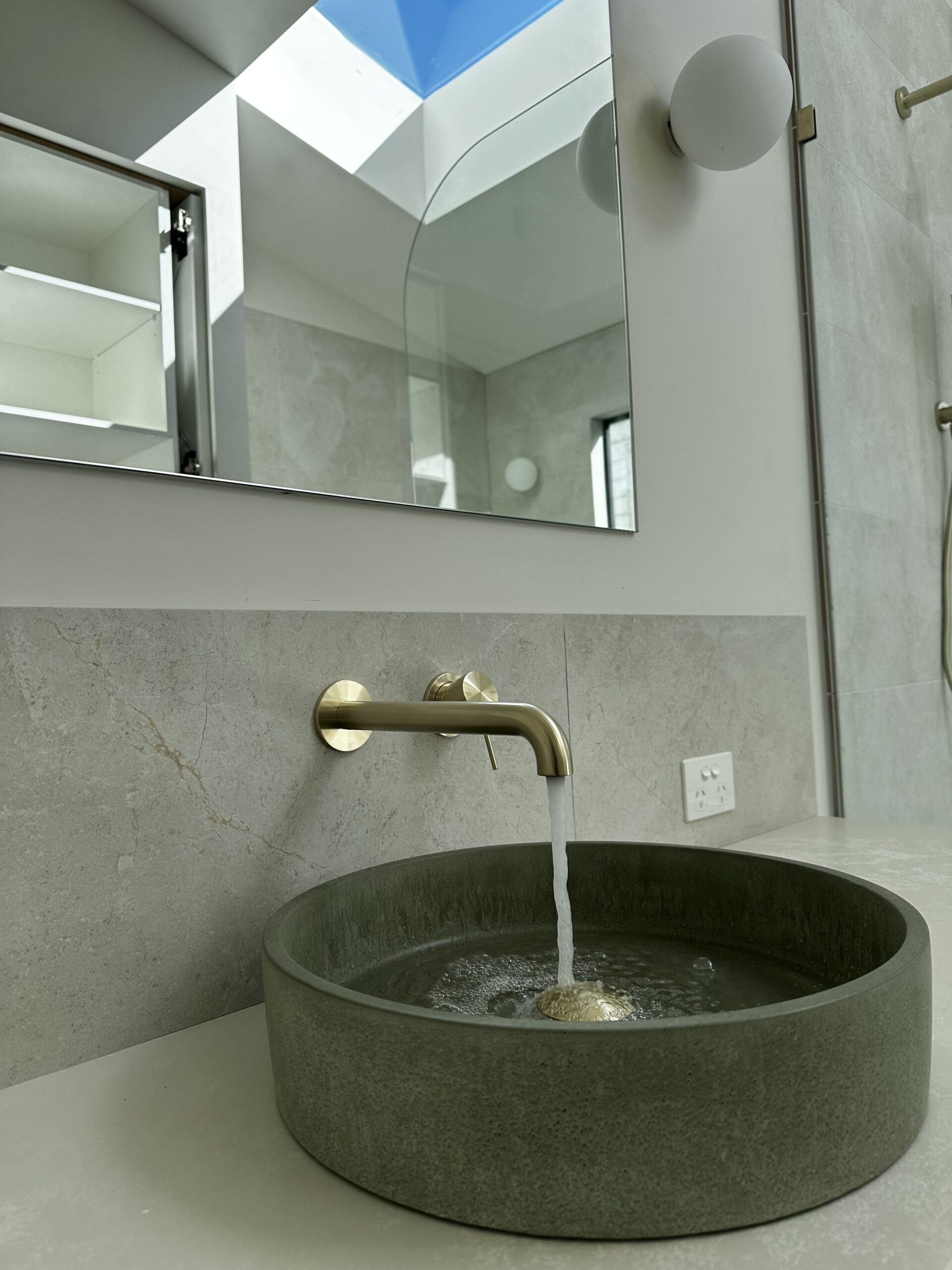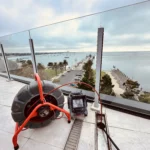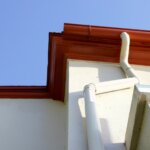Your Complete Guide to Smart Water Usage
In short, the quickest water-saving fix you can make right now is repairing leaks. A $50 tap washer can save $200+ annually. Simple upgrades like tap aerators or water-saving showerheads are easy DIY wins that cut costs straight away.
For bigger installations like toilets, greywater, or rainwater systems, always use a licensed plumber to ensure efficiency and compliance. The good news? Water-efficient appliances usually pay for themselves within 2–3 years and continue saving for years after.
Why it’s a great idea to save water
With rising bills and growing environmental pressures, conserving water protects both resources and your household budget.
As Geelong’s trusted plumbing experts with over 19 years of experience, we’ve helped thousands of families adopt practical, lasting solutions. From quick fixes to smart upgrades, here’s how you can start today.
What is the average water usage per person in Australia?
The average Australian uses about 340 litres daily, well above the global average. Small changes can cut your consumption by 20–30% without affecting comfort.
Here’s how typical Australian households use water:
- Bathroom (showers, baths, toilets): 65%
- Laundry and kitchen: 20%
- Garden and outdoor use: 12%
- Other: 3%
In summer, outdoor use can push totals even higher, making conservation especially important.
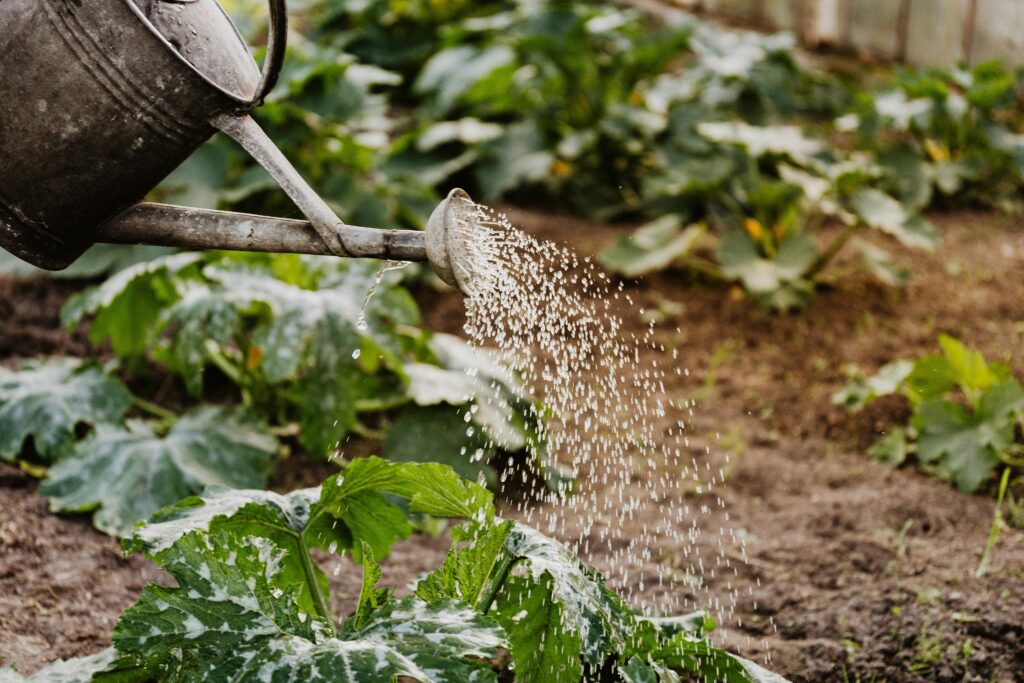
Quick changes you can make today
Start small. These savings add up fast:
- Fix leaky taps and running toilets: A dripping tap wastes 2,000+ litres a year; a running toilet up to 200 litres a day
- Take shorter showers: Cutting two minutes off your shower saves around 20 litres each time, equalling almost 30,000 litres a year for a family of four
- Turn off taps while brushing teeth: This saves 6-8 litres each time, adding up to thousands annually
Not sure where to begin? Use our how to save water (& money!) at home cheat sheet to find the best starting point for your household.
Smart bathroom upgrades for maximum water savings
Upgrade where it counts:
- Install water-efficient showerheads: Modern models use 6-7 litres per minute compared to older ones at 15–20 litres
- Upgrade to dual-flush toilets: Use 3-4.5 litres per flush versus 11 litres for single-flush
- Add tap aerators and flow restrictors: Simple, affordable upgrades cut flow by 30–50% without losing pressure
How to check for a leaky toilet
- Add a few drops of food colouring to the cistern.
- Wait 10–15 minutes without flushing.
- If colour appears in the bowl, you’ve got a leak, and it’s time to call a plumber!
How to install a flow restrictor
- Unscrew the tap nozzle.
- Insert the restrictor.
- Screw nozzle back on.
Done in 2 minutes!
Done in 2 minutes!
Kitchen and laundry water conservation strategies
Easy savings can be made here too:
- Run full loads only: Make every wash count
- Choose cold water washing: Cleans effectively, saves energy, and extends fabric life
- Collect and reuse water: Greywater from sinks or washing machines can water plants or be used for outdoor cleaning
Outdoor water conservation for the Aussie climate
There are even a number of ways you can save water outside during the hot summer season:
- Water wisely: Morning or evening, using drip or soaker systems at root zones
- Choose native and water-wise plants: Once established, they need up to 80% less water
- Install rainwater tanks: Even modest tanks make a big impact. A 5,000-litre system can cut mains water by 40%
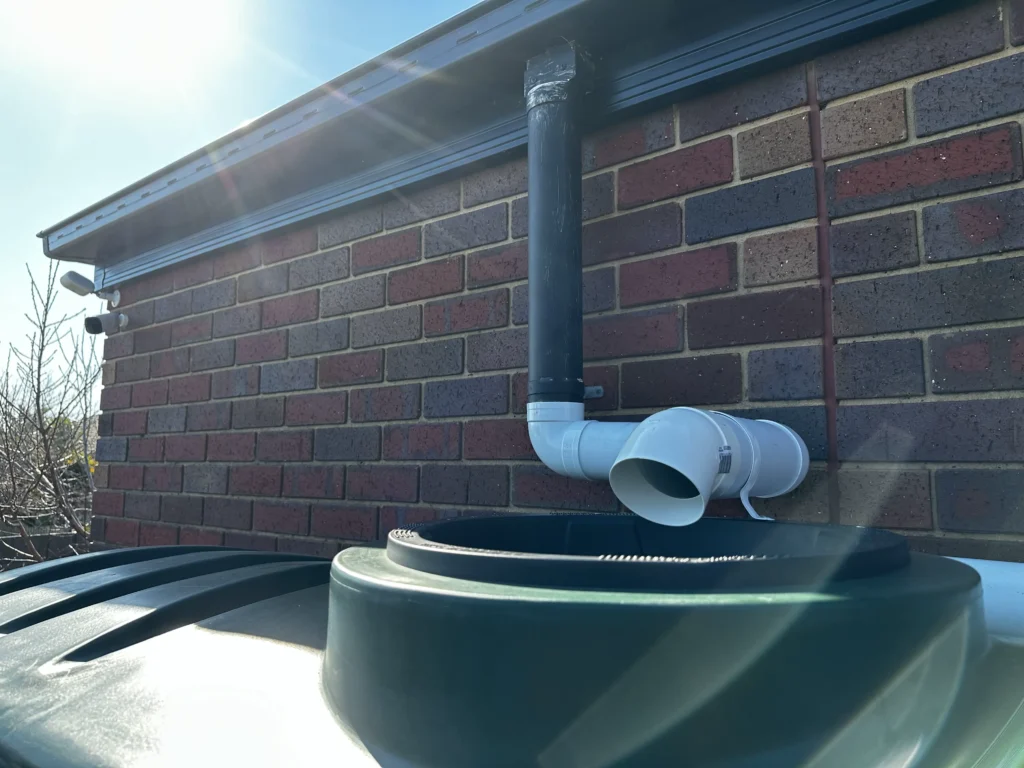
Advanced water conservation technologies
For long-term savings, consider:
- Insulating hot water pipes: To reduce heat loss and get hot water faster
- Smart monitoring devices: Track usage and detect leaks instantly
- Greywater systems: Professionally installed, these reuse shower, basin, and laundry water for toilets and gardens, reducing demand by up to 40%
Curious how much you could save? Try our Water Efficiency Calculator and see your potential results instantly.
Your frequently asked questions – at a glance
Start your water conservation journey today
Water conservation is about environmental responsibility, smart financial management, and peace of mind. Our strategies will reduce your usage while keeping your family comfortable.
Ready to implement professional water-saving solutions?
Our experienced team can assess your home, recommend tailored solutions, and install them to Australian standards. From quick fixes to full water management systems, we’ll help you save water and money with ease.
Learn more about our residential plumbing services, or get in touch with us for a consultation, and let’s create a more sustainable home for your family, together.




